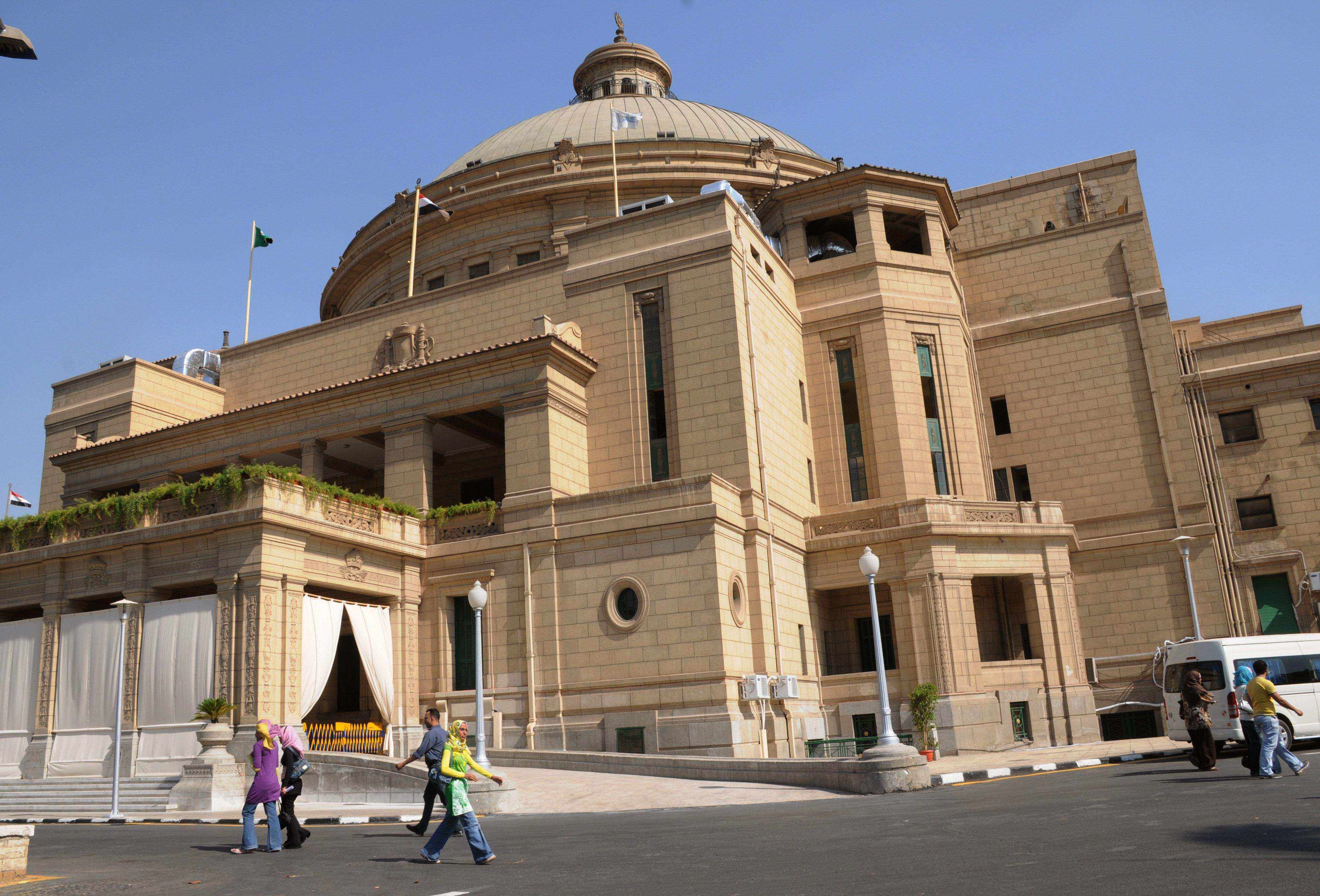The administrative judiciary turned down on Saturday the court case calling for banning internet pornography websites.
The case was filed by lawyer Ibrahim Atteya, citing article two of the now suspended 2012 constitution, reported Aswat Masriya. The article stated that the principles of Islamic Sharia are the main source of legislation. Atteya argued that internet websites which “spead indecency” do not comply with Islamic Sharia.
The case was turned down since Atteya failed to abide by proper procedure when filing his original requests to cancel the decision, Aswat Masriya reported.
Hassan Azhary, lawyer at the Association for Freedom of Thought and Expression (AFTE), described the reason for turning down the case as a procedural, rather than technical, reason.
“Technically speaking, the internet pornography ban is almost impossible,” Azhary said.
He explained that the ban is very costly; it could costs millions of Egyptian pounds. He added that it’s very difficult to list down the names of all pornography websites. Azhary also said there are some programs which can open banned websites.
“A ban would be a waste of public money,” Azhary said.
Azhary stated that AFTE is against the idea of banning any websites by the state, regardless of the content they provide. He added that banning websites violates international conventions Egypt signed.
“Any ban violates the freedom of expression,” Azhary said. “It would open the door for further bans. We are initially against state censorship on any content.”
In November 2012, former prosecutor general Abdel Meguid Mahmoud ordered a block on pornography sites.

